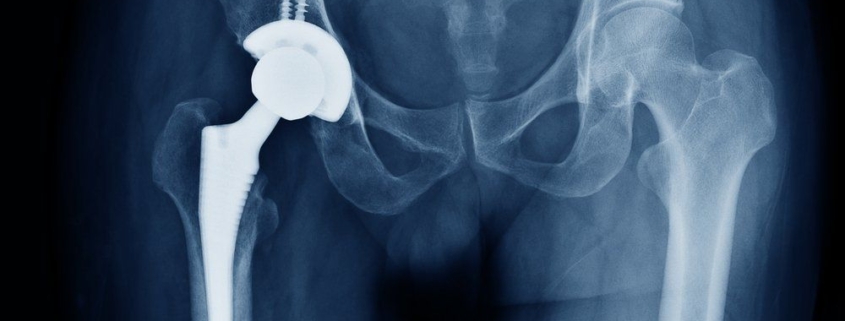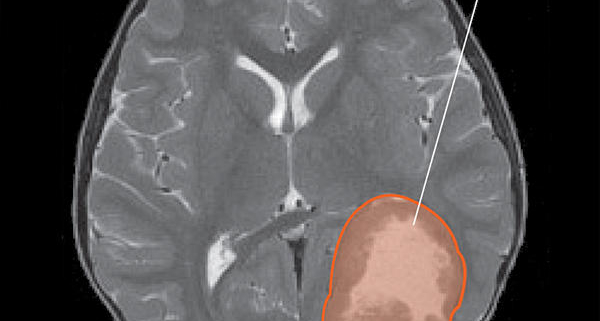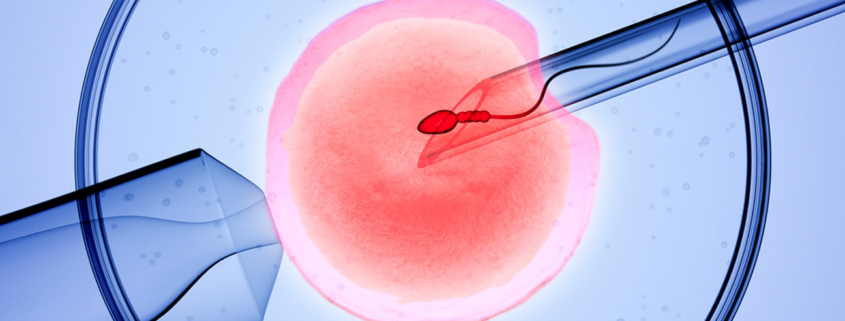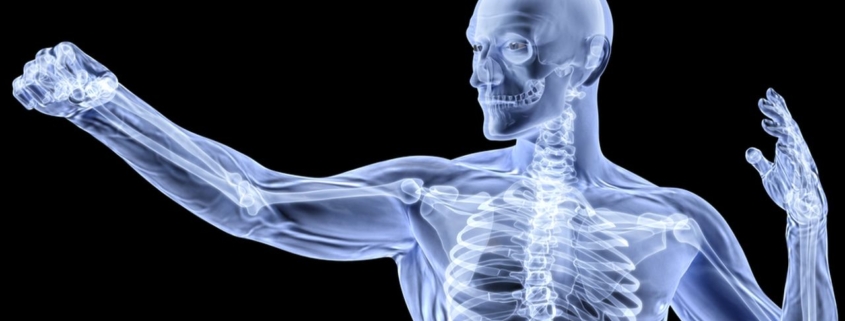If you’re an expecting mother or want to start this planning a family, this article could be helpful for you and your baby. In case you’re looking for maternity consultation or IVF doctors in Dwarka, or even if you’re looking for the best gynaecologist in Dwarka, look no fighter than Ayushman Hospital, many hopeful couples have gone on to become happy parents.
Are you Pregnant? Hangry all the time!? Don’t worry if you’re gorging on any snack that will make you, your tummy and your baby happy? You’ve obviously heard this a lot by now: eat healthy nutritious foods during pregnancy!!
We’re here to help you get your kitchen and your pantry ready for really healthy and delicious foods that will give your cravings the kick and your baby the best.
When you’re planning building your new healthy pregnancy food plan, you’ll want to start with focusing on whole foods that give will give you more of the real good stuff you’ll be needing for pregnancy like proteins, vitamins, mineral, healthy fats, complex carbs,
fibre, and fluids.
Here are some super nutritious foods you should eat if you’re pregnant to achieve those
nutrient goals.
- Dairy products
If you’re pregnant, you’ll have to consume extra protein and calcium for that growing little one of yours. Dairy products such as milk, cheese, and yogurt should be on the menu
because products contain high-quality protein: in the form of casein and whey. Dairy is the highest dietary source for calcium, and also had ample amounts of phosphorus, Vitamin B, magnesium, and zinc.
- Legumes
This food includes lentils (daals), peas (rajma chole), beans, soybeans, and peanuts (aka all kinds of terrific tasting stuff!).
Legumes are absolutely great great plant-based sources of fibre, proteins, iron, and calcium, all of which are needed in ample amount during pregnancy.
- Sweet potatoes
These can be cooked in many ways and are delicious any way you have them, and if you don’t know; they’re rich in beta carotene, a plant compound that becomes vitamin A in your body, and vitamin A is essential for your baby’s development. Just look out for and avoid excessive amounts of animal-based sources of vitamin A.
- Eggs
Tasty, wholesome, incredible, and edible: eggs are the essential health food. Just make sure you have the organic. Eggs have a little bit of almost every great nutrient you’ll ever need. A big egg contains around 80 calories, high-quality protein, fats, vitamins and minerals.
Eggs are a great source of choline; a nutrient that is vital for a healthy pregnancy. It’s essential for the development of your baby’s brain and will help prevent abnormalities of the brain and spine.











